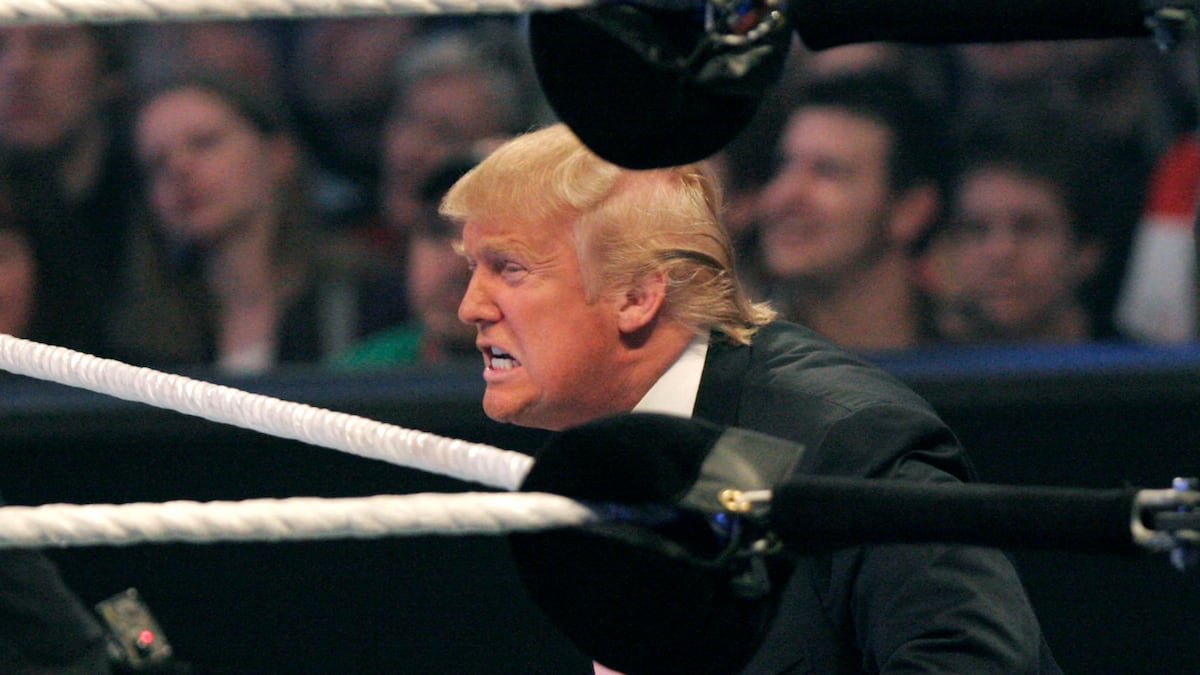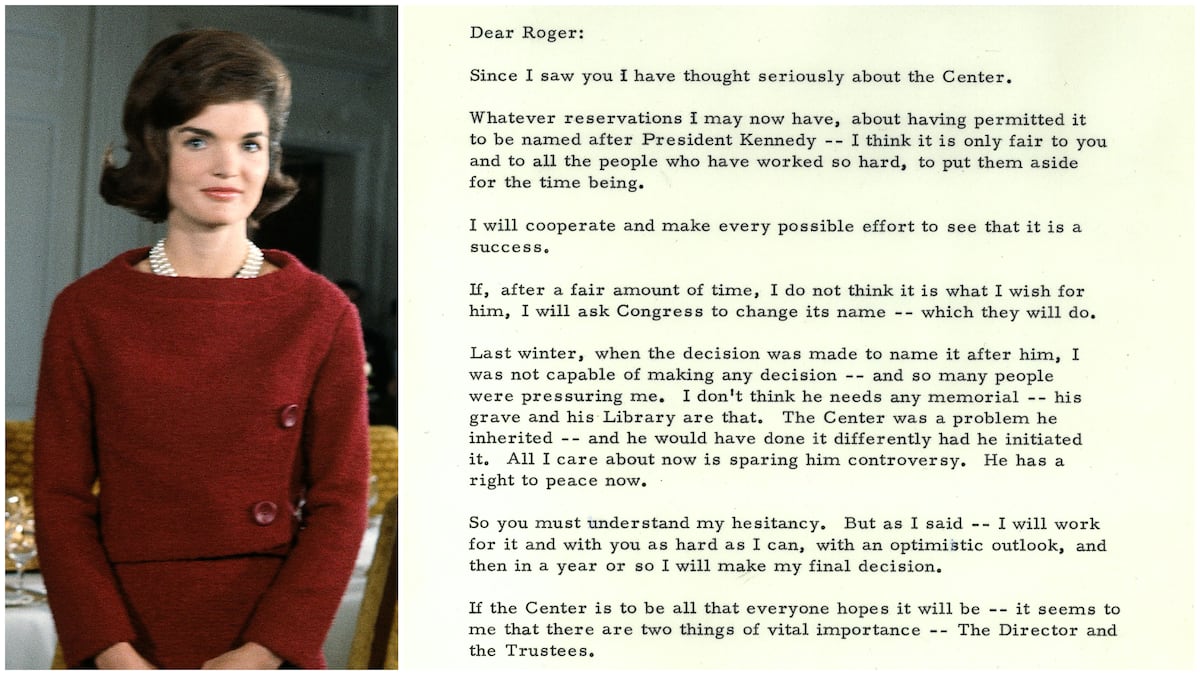President Obama is known for having a way with words, especially when he has a script. Ironically, Wednesday night that facility with words helped him avoid telling us that we are entering into another war.
Rather, we are to suppose we are entering into, well, an “action,” as in “any time we take military action, we …” But action refers to doing, and what exactly are we doing here? For one, we will be “doing” some dropping of bombs on people from the air. On a lot of people, and for a long time. Nobody in Game of Thrones would recognize that as “action,” as opposed to war.
In the broad sense, the president is simply making use of something embedded in how language works. In any human language, one can euphemize, and one does. What differs is what a culture’s hang-ups are. There are languages in Australia where a man has to use a completely different vocabulary with his mother-in-law than with everybody else, forever.
Americans have an issue with, among other things, the body, and as such we get used to locutions such as restroom (is what you do there precisely a form of repose?). And any language has levels of formality. Consuming sounds less pleasurable and real than eating. Assistance sounds less personal and heartfelt than help.
But the evasive nature of language in this regard becomes uglier when it comes to warfare and sending human beings in danger of being eliminated (note how that word can be used to cover up the awfulness of being killed).
Little noticed but perfectly representative is the use of troops for soldiers. It is impossible to picture a “troop” when used to refer to one person in this way—you can’t hold a troop’s hand, and you certainly don’t see a troop brought home in a box. To announce that ten thousand “troops” are to be sent abroad distracts from the living reality of what is going on. That would be harder to pull off if one said “We will be sending ten thousand soldiers,” or “ten thousand people.”
Obama’s address leaned on much of this kind of thing, making use of a certain modern terminology about battle that leaves an implication that what we are doing is different on some level from what they do on Game of Thrones.
Take the word strike, as in airstrikes. The term has an air of impermanence, as in “just a strike,” encouraged by the fact that it takes place from a distance, and is sent from a fast-moving vehicle. That may be true of one strike, but the president announced a “systematic campaign of airstrikes.” There is nothing passing about that. A more meat-and-potatoes way of putting it would be that we are going to be shooting at the people continuously for a good, long time. That’s what we used to call a war.
The commemorations of the start of World War I last month are à propos. When the Germans started using the Big Bertha mortar against Belgium at the start of the war, they thought of themselves as landing “strikes” in this modern sense of the word. The Big Bertha could fire a shell over almost eight miles that could reduce a fort to a smoking ruin. The Germans thought this would be so conclusively intimidating that, as the Kaiser put it (to his “troops”), “You will be home before the leaves have fallen from the trees.”
Well. Today we know that the Big Bertha was an instrument not of “strikes” but war. (We also know that the Kaiser’s anticipation of a late summer 1914 armistice was itself an anticipation of the Pentagon’s Kenneth Adelman supposing that liberating Iraq would be a cakewalk.) And never mind the notion of “targeted action against” people, another phrase the president used. The use of “targeted” lends a smell of precision and, therefore, brevity, finality. We are to think of the surgical “strike” that has loomed as a promising vision of American military action since the Persian Gulf War and our “action” in Bosnia. But Big Bertha was an instrument of targeted action, and in general, people who go to war rarely march in confidently preparing for unfocused hesitation rather than targeted action. We’re at war.
The fig-leaf nature of the way we are encouraged to discuss these things reveals itself in the few languages in the world that have arisen anew, called creoles by linguists. An example is in the Solomon Islands near New Guinea, where a makeshift lingo of some hundreds of English words that islander laborers created in the 19th century has since blossomed into a real language, handy for use between people who speak dozens of local languages. It’s a real language but a new one, and so the multiple layers of formality and euphemism that old languages have aren’t piled as high and deep yet. It makes it harder to talk around truths like war.
For example, in Hamlet’s famous soliloquy he assesses whether to “take arms against a sea of troubles, and, by opposing, end them.” “Take arms,” “opposing.” Artful. But in the new language of the Solomon Islands, that passage has been translated as basically “to fight them where they do us wrong until they fall down dead.” Real.
Interesting about Obama’s way of discussing war is that he is comfortable with direct language when it comes to Osama Bin Laden, or killing particular persons all would consider justly eliminated. I have had to grow accustomed to his use of take out for kill, as in “We took out Osama Bin Laden and much of al Qaeda’s leadership” last night. Take out, traditionally, has been classified as slang (as in the American Heritage Dictionary), on a level with, roughly, to “whack” or to “knock off.” I associate the term with action movies, teenage boys, and G.I. Joe.
Yet the president uses it for rhetorical vividness—a clarity, as it were. It contrasts unpleasantly with the words he uses otherwise along the lines of strikes, actions, campaigns, and how “targeted” they will be. We are being asked to think that because the “actions” will be effected from the air rather than on the ground that this is not a war, despite the fact that we will be directly advising and supplying other people who will indeed be fighting on the ground.
Obama is hardly alone in his use of this kind of language to avoid saying that we are back at war. But this new flavor of rhetorical flimflam is still pretty, well, whack.






